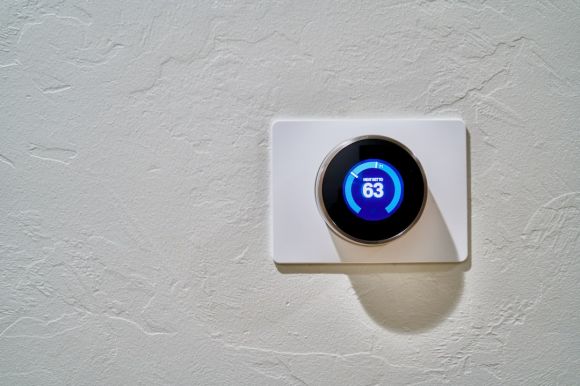In recent years, there has been a growing interest in finding more energy-efficient and environmentally friendly ways to heat our homes. One technology that has been gaining popularity is the use of heat pumps. Heat pumps are revolutionizing the way we heat our homes by providing a more sustainable and cost-effective alternative to traditional heating systems. In this article, we will explore what heat pumps are, how they work, and the benefits they offer.
What are heat pumps?
Heat pumps are devices that transfer heat from one place to another. Unlike traditional heating systems that generate heat, heat pumps extract heat from the air, ground, or water and transfer it into your home. This makes them highly efficient, as they move heat rather than create it.
How do heat pumps work?
Heat pumps work on the principle of refrigeration. They consist of two main parts: an indoor unit called the evaporator and an outdoor unit called the condenser. The evaporator absorbs heat from the air, ground, or water outside your home, while the condenser releases this heat into your home.
During the heating season, the heat pump extracts heat from the outdoor environment and transfers it into your home through a refrigerant that circulates between the evaporator and condenser. The heat is distributed through your home via a ductwork system or radiant floor heating. In the summer, the heat pump can also be used for cooling by reversing the process, extracting heat from your home and releasing it outside.
Benefits of heat pumps
1. Energy efficiency: Heat pumps are highly energy-efficient, as they only require electricity to transfer heat rather than generate it. This can result in significant energy savings and lower utility bills.
2. Lower environmental impact: Heat pumps produce fewer greenhouse gas emissions compared to traditional heating systems. By using renewable sources of heat, such as the air or ground, they help reduce our carbon footprint and contribute to a more sustainable future.
3. Versatility: Heat pumps can be used for both heating and cooling, providing year-round comfort. They can also be integrated with other renewable energy systems, such as solar panels, to further reduce energy consumption.
4. Cost-effectiveness: While the upfront cost of installing a heat pump may be higher than traditional heating systems, the long-term savings in energy bills can offset this initial investment. Additionally, many governments and utility companies offer incentives and rebates to encourage the adoption of heat pumps.
5. Improved indoor air quality: Heat pumps not only heat your home but also filter and dehumidify the air. This helps reduce allergens, dust, and mold spores, creating a healthier and more comfortable indoor environment.
In conclusion
Heat pumps are revolutionizing home heating by providing a more sustainable and cost-effective alternative to traditional heating systems. With their energy efficiency, lower environmental impact, versatility, cost-effectiveness, and improved indoor air quality, heat pumps offer numerous benefits for homeowners. As the demand for more eco-friendly heating solutions continues to grow, heat pumps are likely to become even more popular in the future. So, if you’re looking to upgrade your home heating system, consider the advantages that heat pumps can offer.




